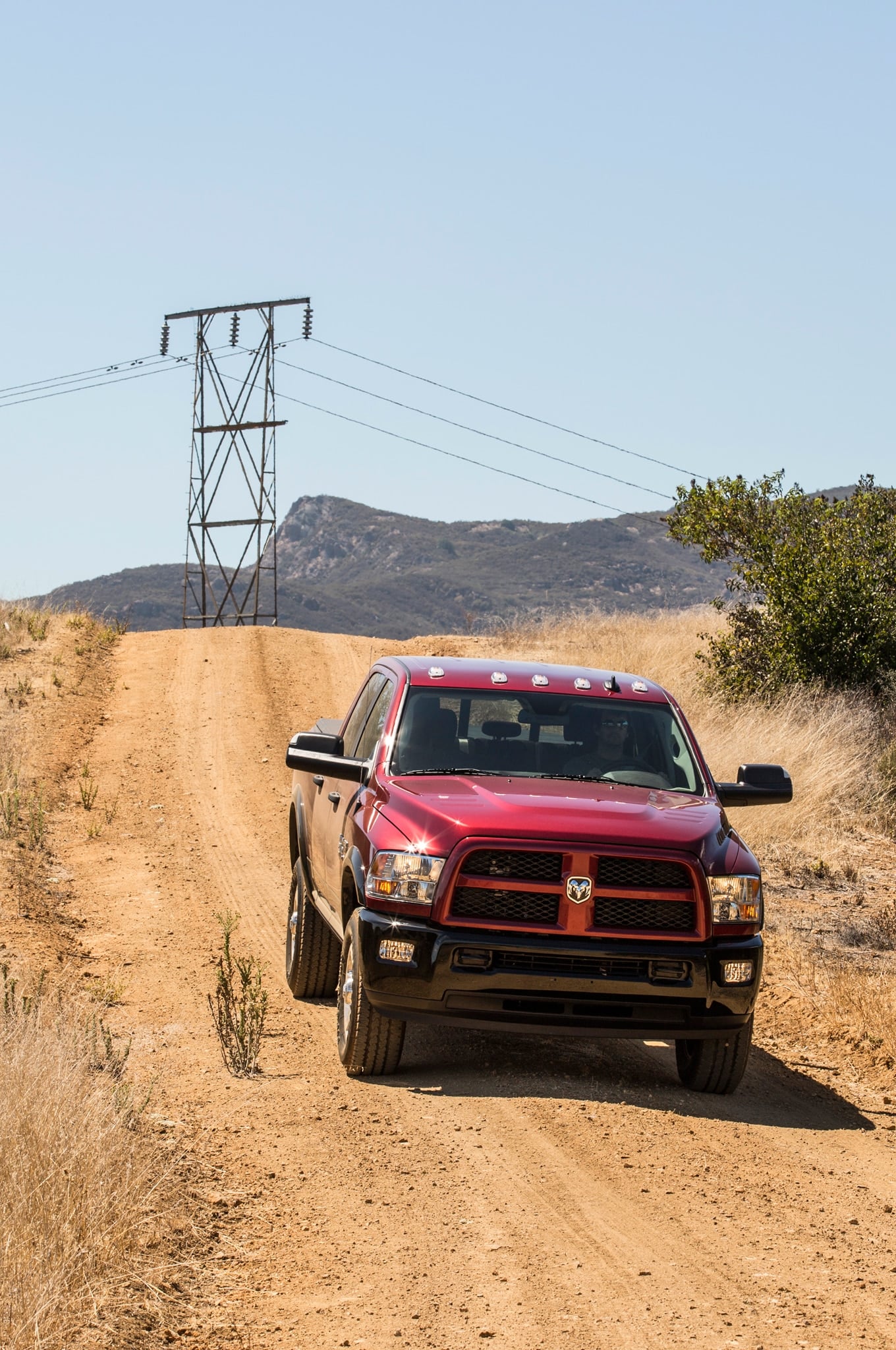Commercial vehicle leasing can be a great way for small businesses to get a cost-effective start. Whether you are a start-up with minimal cash flow or a company that doesn’t need vehicles year-round, commercial vehicle leasing could be the solution for your transportation and financial needs.
What exactly is commercial vehicle leasing? Basically, with a commercial vehicle lease, you would be making monthly payments to rent a commercial vehicle. So the leasing company purchases the vehicle and then allows your business to be the driver.
The beauty of commercial vehicle leasing is that there is a vehicle for lease out there for whatever transportation type your business demands. For example, maybe you are a small business that helps customers with various DIY projects or helps with commercial real estate endeavors that require large orders of supplies; that means you need a heavy-duty truck that can handle those supplies and materials.
If you find that your business is in need of vehicles in order to run the business, how do you know whether or not commercial vehicle leasing is right for you? Let’s look at some factors as to how commercial vehicle leasing could be beneficial to your business.
1. Increase cash flow
Purchasing a vehicle normally requires a substantial amount of money upfront. For most companies, that is a hard pill to swallow. Especially, if you have to take out a loan. Those payments can be astronomical. However, when you lease, there is a monthly payment that is worked out between you and the company that you are leasing the vehicle from.
This payment is usually doable much like paying rent on a home versus paying the mortgage. If keeping money in your pocket is a major determining factor in your decision whether or not to lease, it is good to know that many companies do not require any money down.
2. Tax benefits
Unfortunately, the depreciation deduction is not available to businesses that choose to lease vehicles instead of purchasing them, according to thebalancesmb.com. But don’t despair, there is a bright side. If you do lease a commercial vehicle, your business will be allowed to take a tax deduction for the lease expense. As any company during tax season, any help to bring down those tax payments is welcome. So this is still a win in that department as well.
3. Maintenance
Most can agree that one of the biggest stresses of owning a vehicle is maintenance. If maintenance is one of your trigger words, renting a commercial vehicle could possibly be your salvation. For the most part, renting can lower maintenance costs. Plus, it is possible that potential costs for maintenance can be included in your monthly payments. Despite how you work it out with your rental company, you would definitely spend more money and engage in more stress if you were dealing with a vehicle you own.
4. End of Lease
When your vehicle rental lease is up, you get to wash your hands of that vehicle free and clear. This means that not once do you have to consider the resale value like you would if the vehicle was yours. Also, you are not obligated to purchase the vehicle after the lease has ended.
5. Upgrades
Seems like every time you turn around, there is a new commercial boasting the newest technology available for your vehicle. Or you find out that there is a new model vehicle that would better fit your business needs. Well, unless you are fortunate enough to have disposable cash just lying around, the likelihood that you can utilize this new technology is just not possible. However, this is where leasing provides you that opportunity.
Much like our phones, it is nearly impossible to stay current, especially if you have to continue purchasing new vehicles to keep up with the latest technology. So if having access to the forever-changing vehicle industry is what matters to you, then being able to upgrade without concern of devaluing due to it being a lease is certainly a benefit for you.
These are just a few benefits to consider when making that important decision as to whether or not leasing or purchasing a commercial vehicle is the proper move for your business. Determine your business goals and needs and then weigh the pros and cons to discover your beneficial transportation pathway.





Leave a Reply